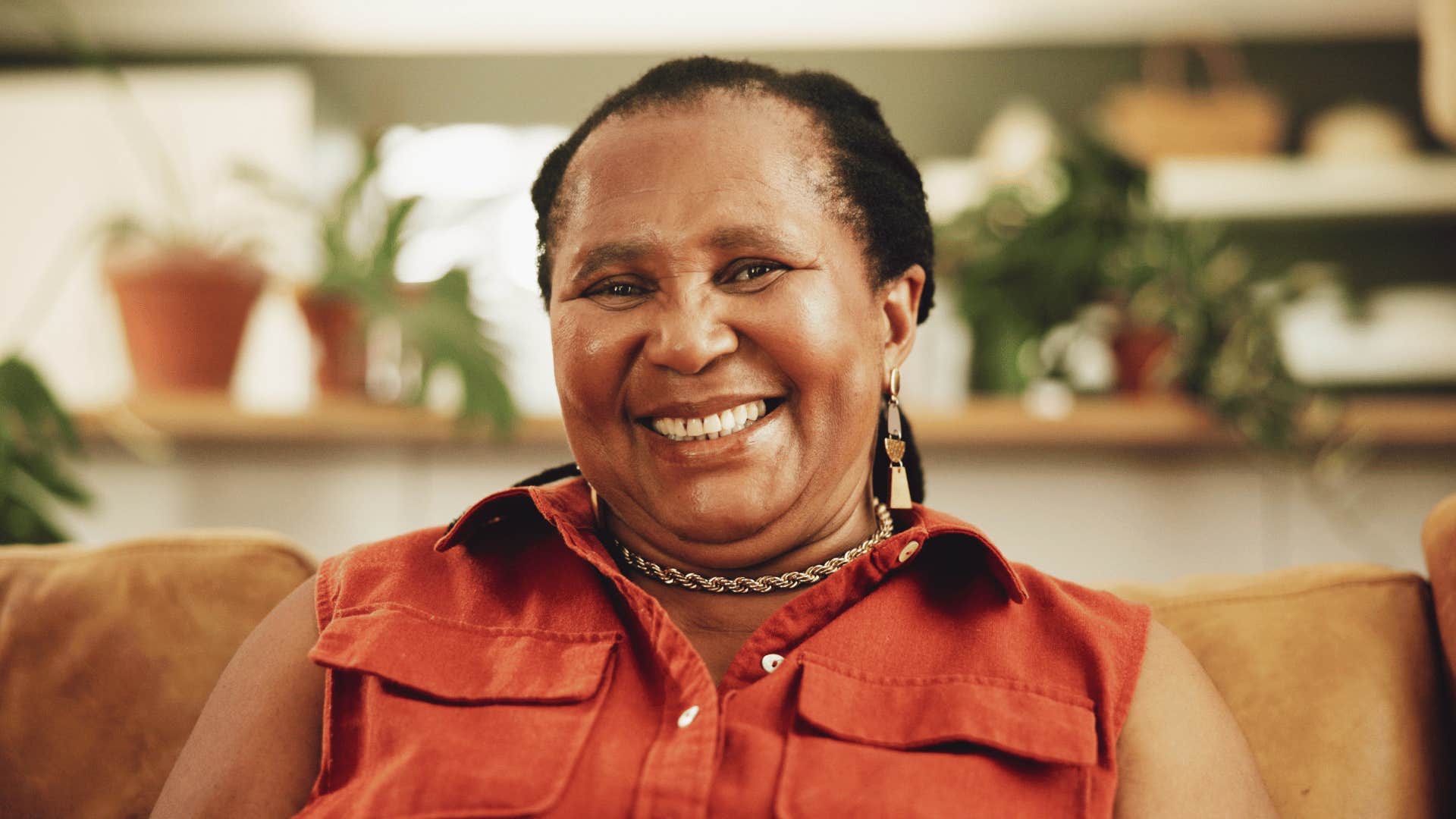6 Traits Of People Who Are Unapologetically Themselves
It’s in everyone’s interest to become more genuinely, authentically themselves.
 Westley Ferguson | Pexels
Westley Ferguson | Pexels There is a constant force that slowly and subtly works against your individuality. Humans are strongly attracted to conformity and get uncomfortable when they sense they are different from those around them.
The only problem with this? It makes us miserable and unsuccessful in the long run. It’s in everyone’s interest to become more thoroughly themselves. Being unapologetically yourself while staying connected will bring joy and fortune into your life.
Here are the traits of people who are unapologetically themselves:
1. They've forgiven their past
 eldar nurkovic / Shutterstock
eldar nurkovic / Shutterstock
It’s amazing how strong a hold our pasts can have on us. We often carry around a form of resentment for something we did or for what someone did to us.
Either way, this lack of forgiveness is hurting us the most. We can’t be fully ourselves this way. You must take some time out to resolve this.
You forgive yourself by finding compassion for what you did. If you look deeply, you will find a way to understand. The same goes for what someone did to you.
You must find a way to see that what they did was for a very good reason in their mind. Everyone is doing their best given the thinking they hold to be true. Including the younger you.
2. They own and nurture their quirks
 Yuri A / Shutterstock
Yuri A / Shutterstock
A cool thing happens when we start letting go of past shame: we become more attuned to what makes us unique. We develop deeper compassion for who we are and notice all the details about us that we may have tried to hide before.
What ‘weird’ interests do you have that few others share? What are natural talents you can sharpen?
What about your temperament can you take advantage of? Look back over your school years, for example, and ask: what made you stand out then?
Even if it was on the other end of criticism (including of self), these things all point to the aspects of you that you must embrace.
Letting go of past shame involves self-reflection, acceptance, and reframing negative self-beliefs. This process is often facilitated by understanding the root causes of the shame, practicing self-compassion, and developing healthier coping mechanisms to replace the internalized shame narrative.
2020 research found that this can be achieved through therapy or personal work, where one actively challenges negative self-judgments and learns to reevaluate past experiences with a more balanced perspective.
3. They don't live in shame
 Ground Picture / Shutterstock
Ground Picture / Shutterstock
People often avoid being themselves publicly because they believe they have something shameful to hide. Maybe it’s an idea picked up in youth, or you deny aspects of your darker side, which we all have. They can’t step out and own every part of who they are, so they put on an act — even if it’s subconscious.
They are overly ‘nice,’ for example. This slowly eats us up from the inside because we aren’t being who we are. The way through is to make peace with the parts of you that you dislike or fear.
If you can change what you don’t like, do it. If not, own it. Insecurities dissolve the moment you own them.
4. They have a healthy relationship to rejection
 fizkes / Shutterstock
fizkes / Shutterstock
It’s rare to come across someone these days who isn’t terrified at the idea of being rejected by another human. Our overly protected childhoods and our ‘safe space’ culture are directly to blame for an unhealthy attitude toward the nature of rejection.
The most authentically happy people are much better able to handle and process the idea of someone disliking them or saying no to them. This is developed through putting yourself out there. But we become stronger in the face of rejection when we see the value in being rejected.
See rejection as an indication that you’re putting yourself out there. You’re taking risks. You need rejection to thrive, to be yourself. This is what it means to have a healthy relationship with rejection.
A healthy relationship with rejection in psychology means acknowledging the pain of being rejected while also understanding that it's a normal part of life, not a reflection of your worth, and using it as an opportunity for personal growth and to navigate towards better opportunities, rather than letting it cripple your self-esteem or deter you from taking risks. A 2017 PLoS One study concluded that continuously dwelling on past rejections can cause significant distress and impact self-esteem.
5. They're willing to look or seem weird
 Yuri A / Shutterstock
Yuri A / Shutterstock
In a world continually — and often subconsciously — pushing you towards conformity, it takes continual awareness and reminding to remain unique and true to yourself. Those who stay themselves are aware of the need to be unique.
To stand out benefits us and our businesses in obvious ways. We embrace our exceptional skills, making us indispensable and needed by other people. More than anything else, being unique means that we are in integrity.
We are willing to look ‘weird’ to others if it means we stay true to who we are. We aren’t living the fake life like most narcissistic try-hards are doing. This is a habit, a constant practice, and it will serve you well.
6. They're not overly self-conscious
 Yuri A / Shutterstock
Yuri A / Shutterstock
It’s impossible to never be self-conscious because we require an occasional awareness of ourselves and our appearance. Many of us spend far too much time in a heightened sense of self-analysis, which renders us awkward and helpless.
Reduced awareness of how others perceive you often stems from a higher level of self-esteem, a more secure sense of identity, and a decreased tendency to overanalyze your actions. A 2021 Frontiers in Psychology study concluded that this allows you to engage in social situations without excessive worry about judgment comfortably.
We become self-conscious to compensate for some perceived insecurity about ourselves that we feel needs protection. For example, I have been very self-conscious in social situations because I wanted to do my best while inadvertently making myself even more anxious.
But our performance and joy in the moment continuously improve when we focus outward. Those who are most themselves have diverted their attention away from themselves.
They take an interest in the people and the sights around them. This ends up attracting people to you in the end.
Alex Mathers is a writer and coach who helps you build a money-making personal brand with your knowledge and skills while staying mentally resilient. He's the author of the Mastery Den newsletter, which helps people triple their productivity.

